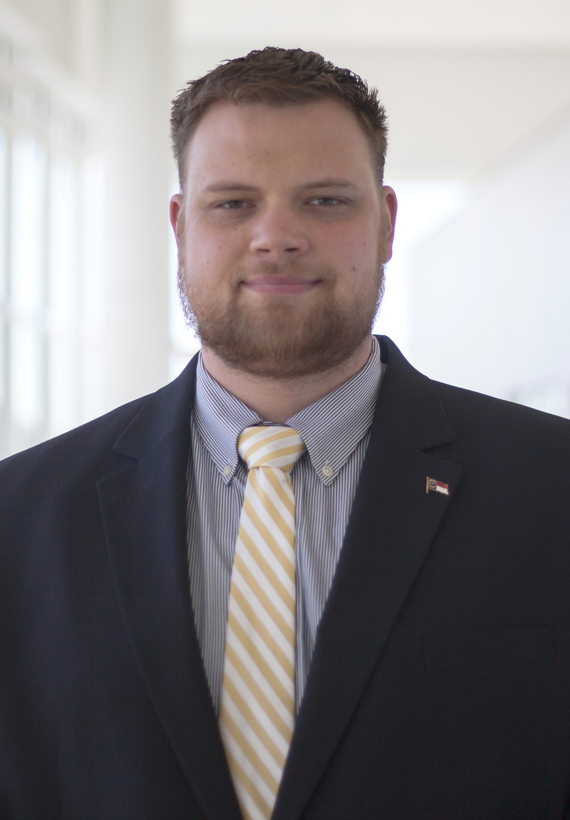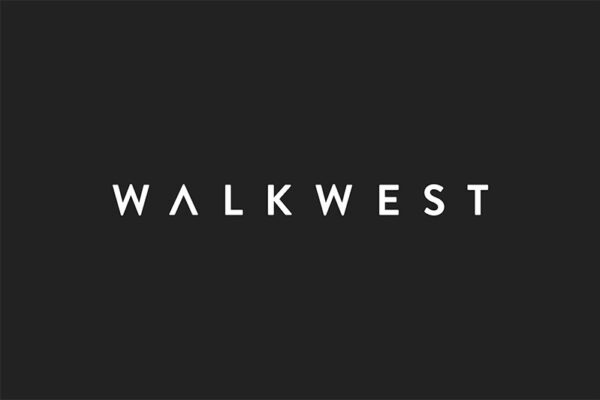David Collins is a Government Affairs Associate at Walk West and a former University of North Carolina football player.
During my senior year at the University of North Carolina, I was in the midst of a goal line practice period in training camp when I injured my left ankle ending my football career and lifelong dream of playing in the NFL. Tearing three ligaments, three tendons, a few fractured metatarsals, and an achilles tendon barely left intact, I was told that I would need multiple corrective surgeries to fix the injury and that all but the initial surgery would be my financial responsibility. After having the initial surgery, I soon discovered that my credit score was compromised due to failure to promptly make hospital payments for the balance that was not covered by the university. I was still a full-time student. A similar situation occurred with at least four of my teammates that I can personally confirm.

The National Collegiate Athletic Association (NCAA) states, “As a non-profit organization, we put our money where our mission is: equipping student-athletes to succeed on the playing field, in the classroom and throughout life.”
I disagree. College athletics emphasize entertainment and revenue generation but neglect the long-term physical and mental health of student-athletes. In addition, I believe that top-level colleges and universities focus on the athletic performance rather than the scholastic performance of student-athletes, leaving them unprepared to succeed off the field, court or track.
The term “student-athlete” was coined by the NCAA in order to allow them to classify athletes as amateurs, exempting them from responsibilities under the National Labor Relations Act (NLRA). It is important to remember that at the creation of college sports, athletes were paid. One of the benefits to the NCAA of avoiding the NLRA is not being required to pay permanent partial disability under workers’ compensation to current and former student-athletes. This stands in stark contrast to the value provided to the schools by student-athletes, who risk their health to achieve an education, only to be cast aside when no longer of economic value to the school or the NCAA.
Similarly, if an NCAA Head Coach and a student-athlete both suffer injury during a game, the Head Coach as a state employee, similar to a private employee, has access to permanent partial disability insurance under workers’ compensation. However, because the athlete is classified as a student and not an employee, they are unable to have access to the same resources available to their coaches. Kent Waldrep, a former Texas Christian University (TCU) running back, was paralyzed from the neck down during a game and had to sue in order to get his ongoing medical bills paid. This would not have happened to an NCAA coach in a similar predicament.
Moreover, the NCAA has a selective insurance policy program for elite student-athletes who are projected as first and second-round draft picks in their respective professional sport. This program favors elite students by allowing a special financial support to student-athletes who are perceived to be of exceptional talent. Every year there are people who achieve success at the professional level who were not perceived as an elite athlete during their time in the NCAA. By providing special benefits to athletes only projected to perform well, the NCAA is picking winners and losers before the players take the field. This is an entirely unfair system. In the NCAA, coaches are treated differently from players, and some players are treated differently from each other. North Carolina Representative Mark Walker is advocating in the House of Representatives for student-athletes to benefit from their name, image and likeness, but this is only the beginning.
The current system harms athletes whose hard work on the field supports the research and education provided by NCAA colleges and universities. The majority of these colleges and universities are public institutions funded by taxpayers and controlled by state government. This state government sponsored entertainment service dressed in the name of college athletics is usually the largest revenue generating resource for these colleges and universities. College athletics and the NCAA are profit-making enterprises subsidized by the American taxpayer through the deception of a meaningful education for all student-athletes.
This is why it is crucial for the scholarship contract between student-athletes, colleges/universities, and the NCAA to be renegotiated. The renegotiation of this broken contract must include government officials at the table and the discussion must start with addressing the inequality of healthcare across the spectrum.
David Collins was also featured on an In Focus roundtable on Spectrum News discussing the value of NCAA athletes. Watch the roundtable here.

